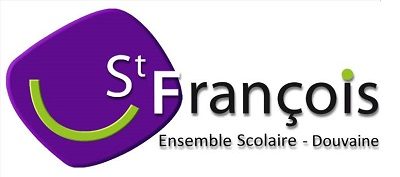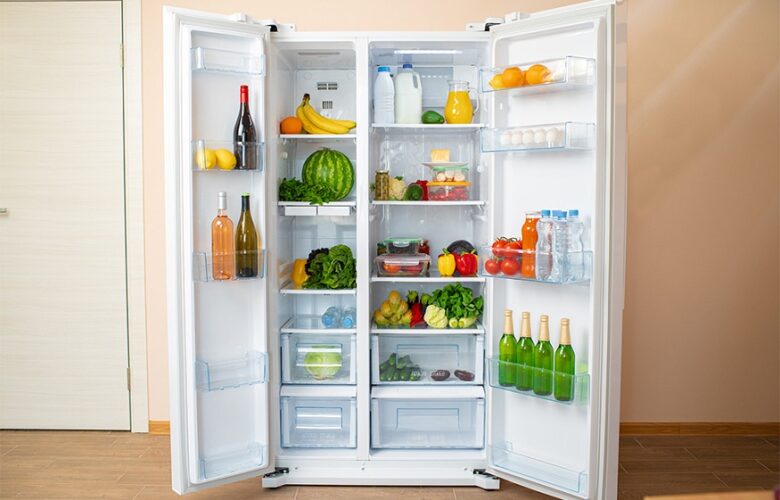For every hospitality company, selecting the appropriate hotel management software is essential. Given the variety of possibilities on the market, it’s crucial to thoroughly consider your needs and preferences. Here are 5 essential hints to assist you in choosing the ideal hotel management system for your establishment:
1. Define Your Requirements
Examining your particular company demands and operational requirements is the first step in selecting a hotel management system. Spend some time carefully examining the daily operations of your property. Make a thorough inventory of every important task and activity required to manage your hotel successfully. Think about everything, including bookings and check-ins at the front desk, as well as cleaning, maintenance, accounting, supply chain management, and more. Consider all the ways a guest may interact with you, as well as the information and processes needed at each step. Consider your property’s kind as well, including if it is a chain, resort, or boutique hotel. The size as well as number of rooms on your house will affect the system requirements as well.
It’s crucial to consider your long-term objectives. Do you want to grow to more than one site, which would call for an integrated solution? Is it possible to introduce new service offerings, such as food and beverage? By outlining your present and future needs in advance, you may choose a platform that is sufficiently stable to expand along with your company. You may create an extensive list of essential features and capabilities for your shortlist of hotel management solutions by clearly examining all operational processes, and interfaces with other systems, as well as reporting requirements, and future ambitions. This thorough review of the requirements lays the groundwork for following processes to appropriately evaluate the solutions that are presented.
2. Consider Integration Requirements
Integrating systems in a modern hospitality sector is essential for effectiveness and mistake prevention. Today’s hotel visitors need a seamless experience at all points of contact, from the initial reservation to check-out. The many tools and systems that make up a property management ecosystem must be able to readily communicate with one another in order to achieve this degree of integration. It’s critical to consider how well a hotel management system will connect with other programs and services used by the company before making this decision. This comprises channel managers to push listings to online travel sites, central reservation systems to sync room availability and pricing, property management systems for guest profiles and reservations, and payment gateways for safe transactions. The key is seamless data exchange between various systems.
The ideal hotel management system will have open APIs, which enable two-way connection with popular third-party applications. This assists in automating procedures and decreasing error-prone human data entering. Financial reporting is streamlined by simple accounting software connection. To tailor the visitor experience, it is also important to be able to link to marketing automation tools. Channel managers may also be used to maximize bookings at other online travel agencies. The greatest systems include both pre-built integrations to well-liked solutions and the ability to create bespoke integrations.
3. Evaluate Vendor Reputation and Support
It’s essential to conduct extensive research on the company developing the hotel management software before making your choice. When selecting a firm to stand behind your software, you want to make sure that it has a solid reputation in the field and is here to stay. Start by reading the online user reviews to learn more about previous customers’ experiences. Look for recurring themes with the level of service, the dependability of the product, and the support staff’s response. To find out which suppliers are well rated by their peers, you may also check with the industry associations or awards programs.
Also take into account the company’s length of operation. In comparison to a more recent company, an established supplier that has endured for at least ten years is a greater probability to be still supporting their product. To reduce risk, evaluate the vendor’s stability and financial standing. Evaluation of the support services offered is crucial as well. Learn about the many contact options, including phone, email, and live chat. In order to minimize disturbances, ask about the typical response times for problem-solving. You want to get as near to real-time help as you can.
4. Consider Costs and Pricing Models
Understanding the various pricing structures is essential when comparing hotel management software in order to stay within your technology budget. You’ll probably have to pay a setup or license cost up front in order to install and start the system. These can be quite different amongst vendors. You should also be aware of any continuing subscription fees. The majority of systems use a Software-as-a-Service approach and charge monthly or yearly subscription fees. The nature of your property, the number of rooms, and the number of user licenses needed are typically connected to pricing. Compared to major resorts, small boutique hotels could charge less.
Find out whether there are additional fees for premium features, system integrations, or add-on modules in addition to the standard subscription. Many vendors may attempt to push pricey integrations or features that ought to be part of the base bundle. Be cautious of these kinds of additional costs. Consider the possibility of price growth in the long run. A few providers retain the right to increase subscription fees on a yearly basis, frequently in line with inflation indices. Budgeting may be done effectively when you are aware of any prospective percentage increases from year to year.
5. Test Drive the Software
The finest hotel management software should be chosen after carefully testing all of the competing solutions. Most respectable software providers provide free trial access so you may thoroughly assess how a system operates before deciding to make a significant investment. It is strongly advised to benefit from these trial periods. They enable you to test the program in actual operations exactly like you would in regular operations. You may schedule reservations, control pricing and inventory, conduct significant reports, and more. This practical experience is crucial for confirming functioning and usability.
Trials also provide you the chance to make sure that any integrations with your other crucial systems operate without a hitch. For instance, you’ll want to make sure reservations made on your website or other websites are properly transferred to the program. Integrity testing is essential for a productive workflow. Trial periods also provide you the chance to assess how user-friendly and effective the interface is for the both staff and visitors. Employees working in hotels must navigate quickly, and visitors want straightforward self-service alternatives. The greatest approach to determine usability prior to making a long-term commitment is through a trial.
Conclusion
You’ll be in a good position to select the finest pms hotel management software to support the success of your business for years to come if you take the time to carefully examine your requirements, take into account integration as well as support needs, review pricing, and test drive top candidates. Find a system that is adaptable, simple to use, and affordable and will satisfy your demands both now and as your firm grows.









